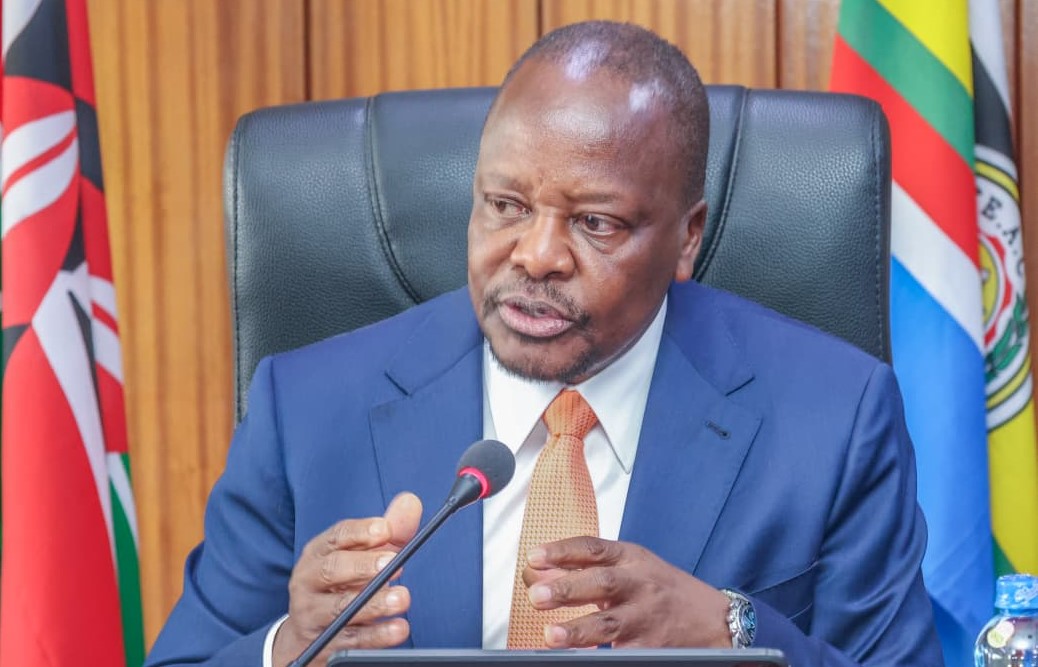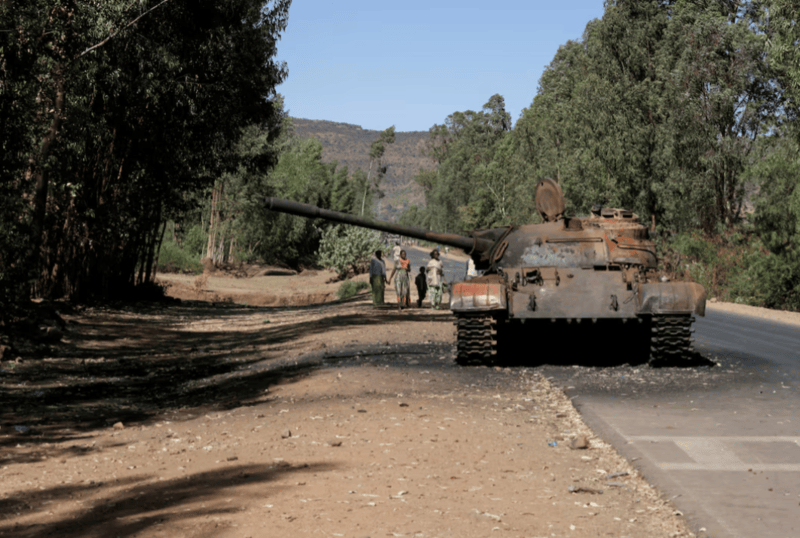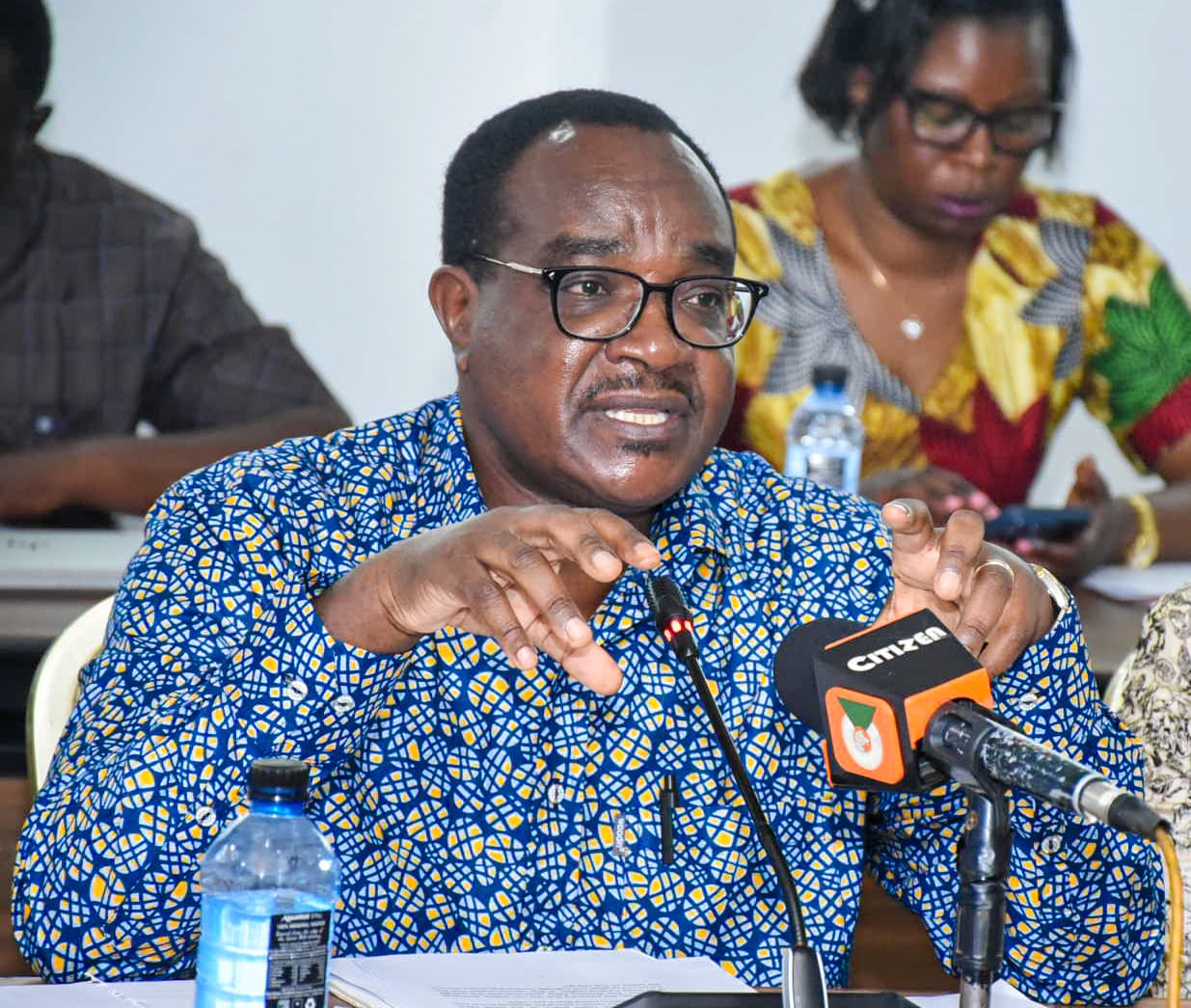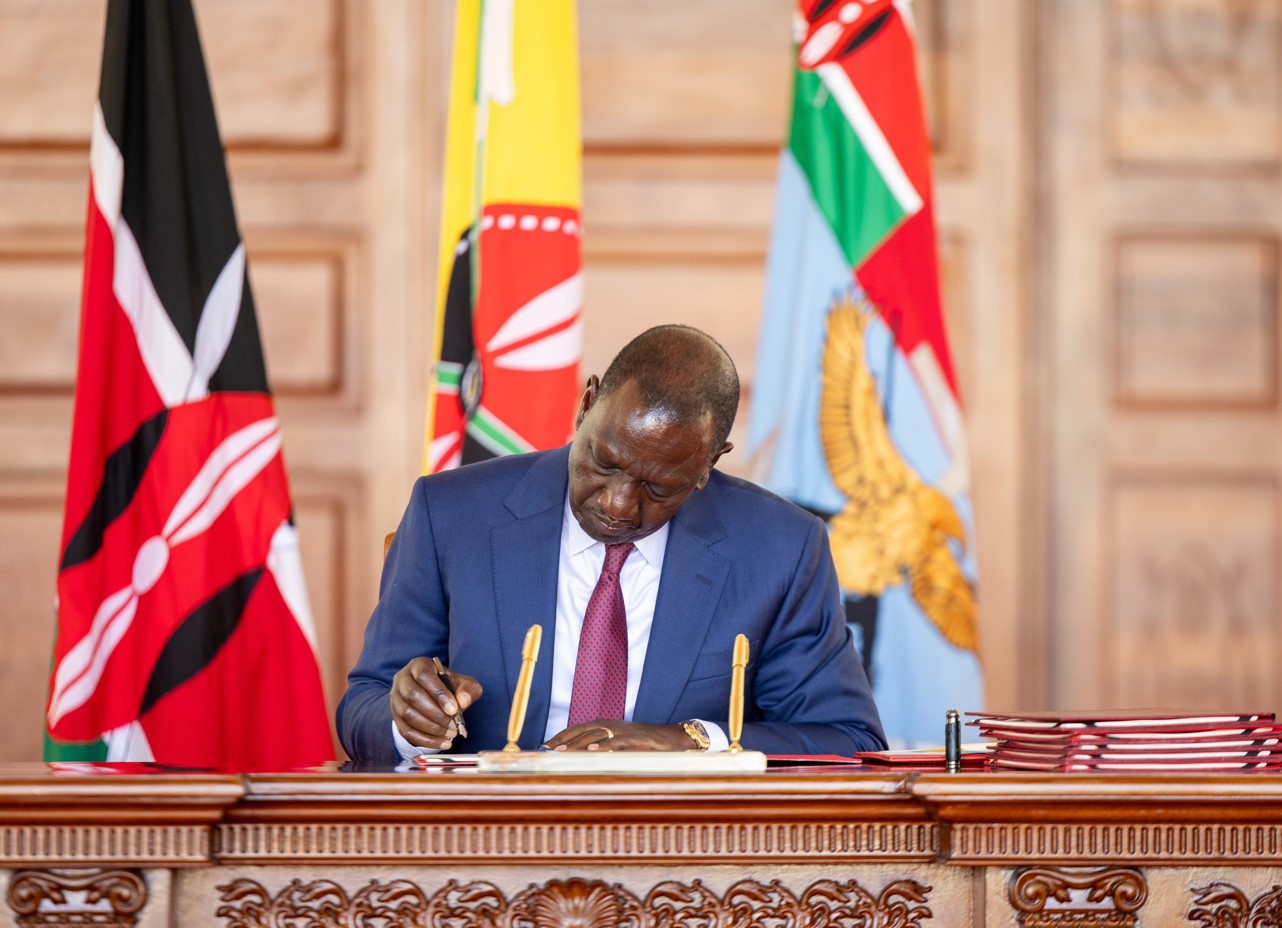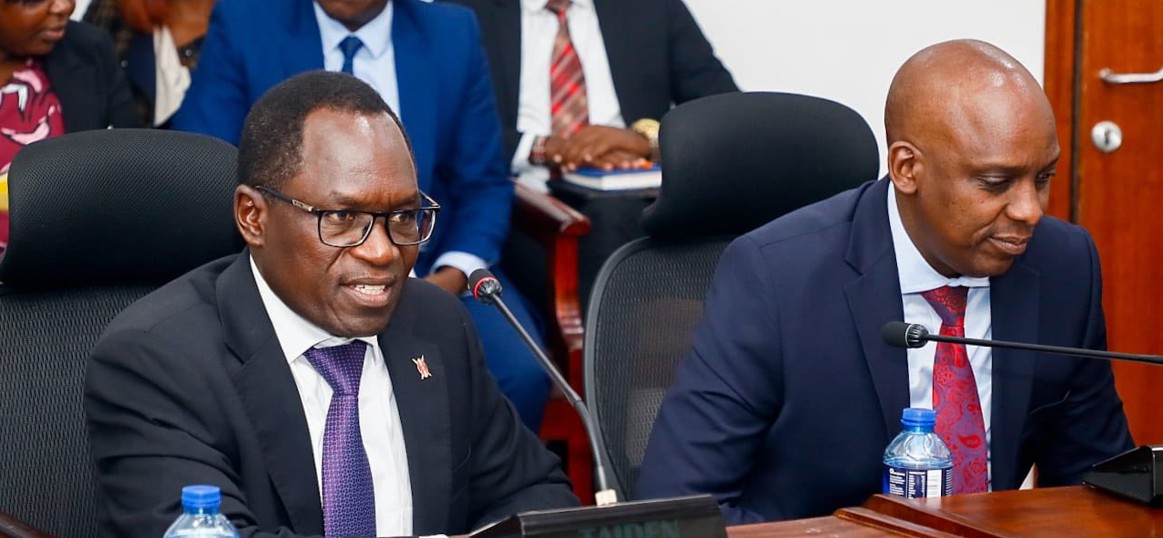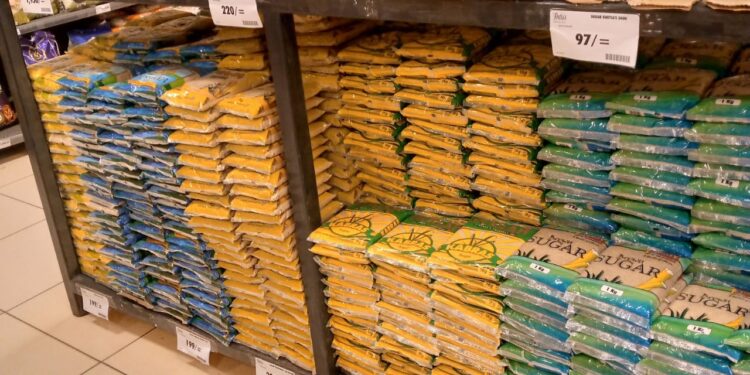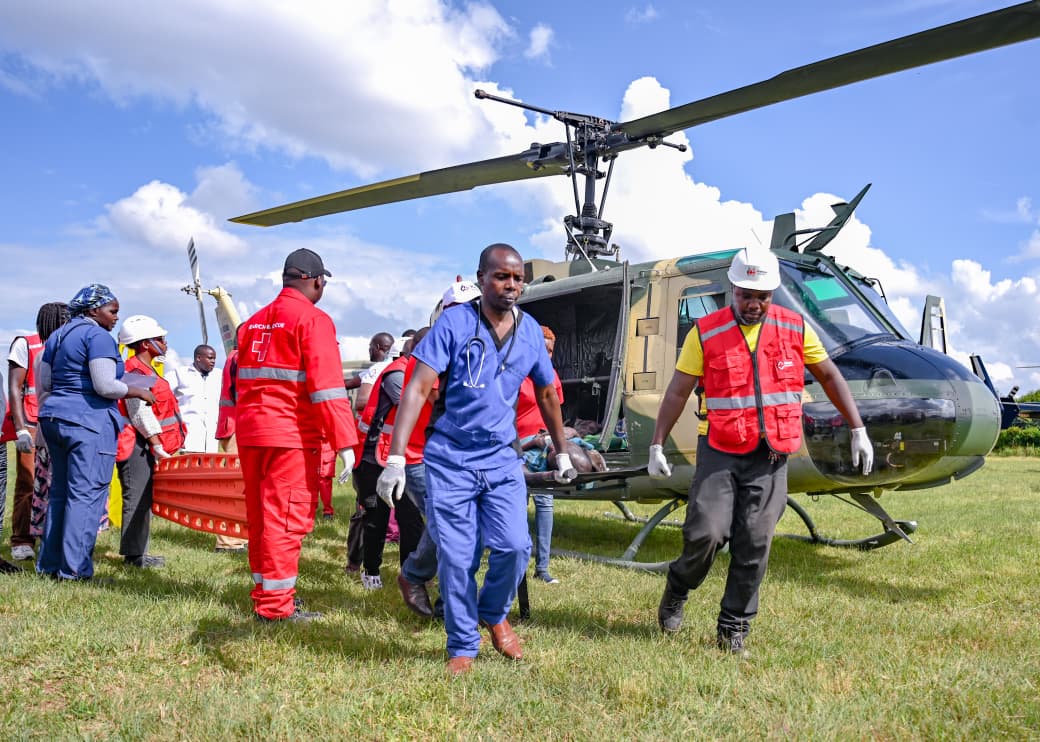Regional security experts meet in Kigali to address emerging security threats
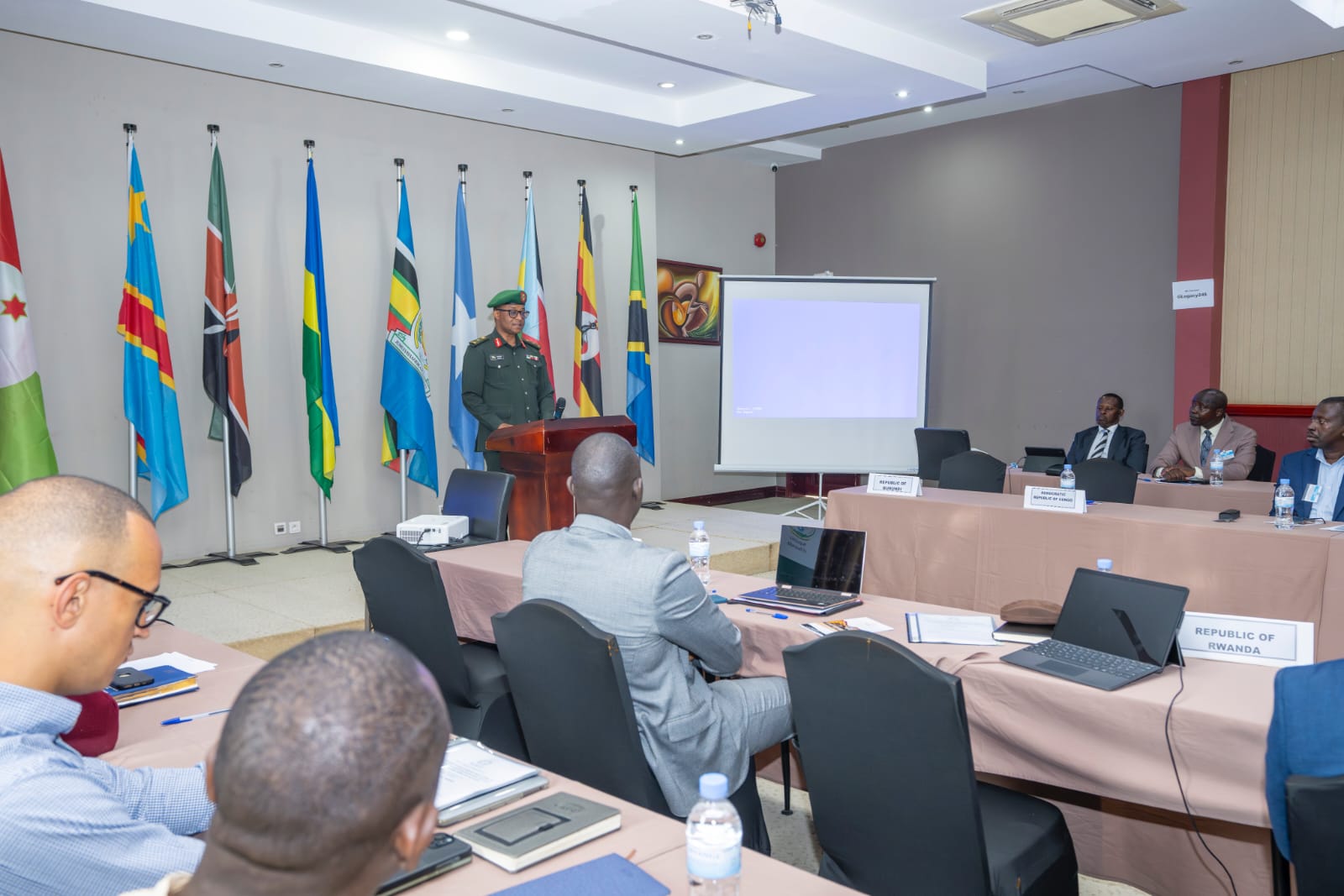
The meeting aims to harmonise approaches, establish clear guidelines, and develop a robust framework for tackling these unique and potentially devastating challenges.
Security experts from East African Community (EAC) partner states have gathered in Kigali for the Multi-Agency Experts Working Group meeting, aimed at developing standard operating procedures (SOPs) and protocols to address chemical, biological, radiological, nuclear, and explosive (CBRNE) threats.
Opening the meeting of the three-day forum, Brig. Gen. Dr. Eugene Ngoga, speaking on behalf of the Rwanda Defense Force's (RDF) Chief of Defense Staff, highlighted the urgency of the gathering.
More To Read
- MPs demand cost-benefit review of Kenya’s role in EAC
- EAC deploys 67-member mission to observe Tanzania’s elections
- EAC’s future at stake as AU flags uneven progress, weak governance
- EAC confirms investment-ready Kenya–Uganda Expressway, enhancing Mombasa port access
- Burundi’s absence forces EAC to push back key ministerial session
- Rwanda assures readiness to host historic 2025 UCI Road World Championships
“Your presence here underscores our shared commitment to strengthening the collective security of our region and protecting our people from challenges posed by CBRNE threats,” he said.
Dr. Ngoga cited the recent Marburg virus outbreak in Rwanda as a poignant reminder of the importance of a united response. Since its emergence on September 27, the outbreak has resulted in 66 cases and 15 fatalities, with a case fatality rate of 23%, the lowest reported since the virus's discovery in 1967. People have hailed Rwanda's rapid containment of the virus as a milestone in global health security.
“This success highlights the importance of establishing a rapid, effective, and well-coordinated joint force for outbreak response,” Dr Ngoga said, acknowledging the support Rwanda received from neighbouring countries.
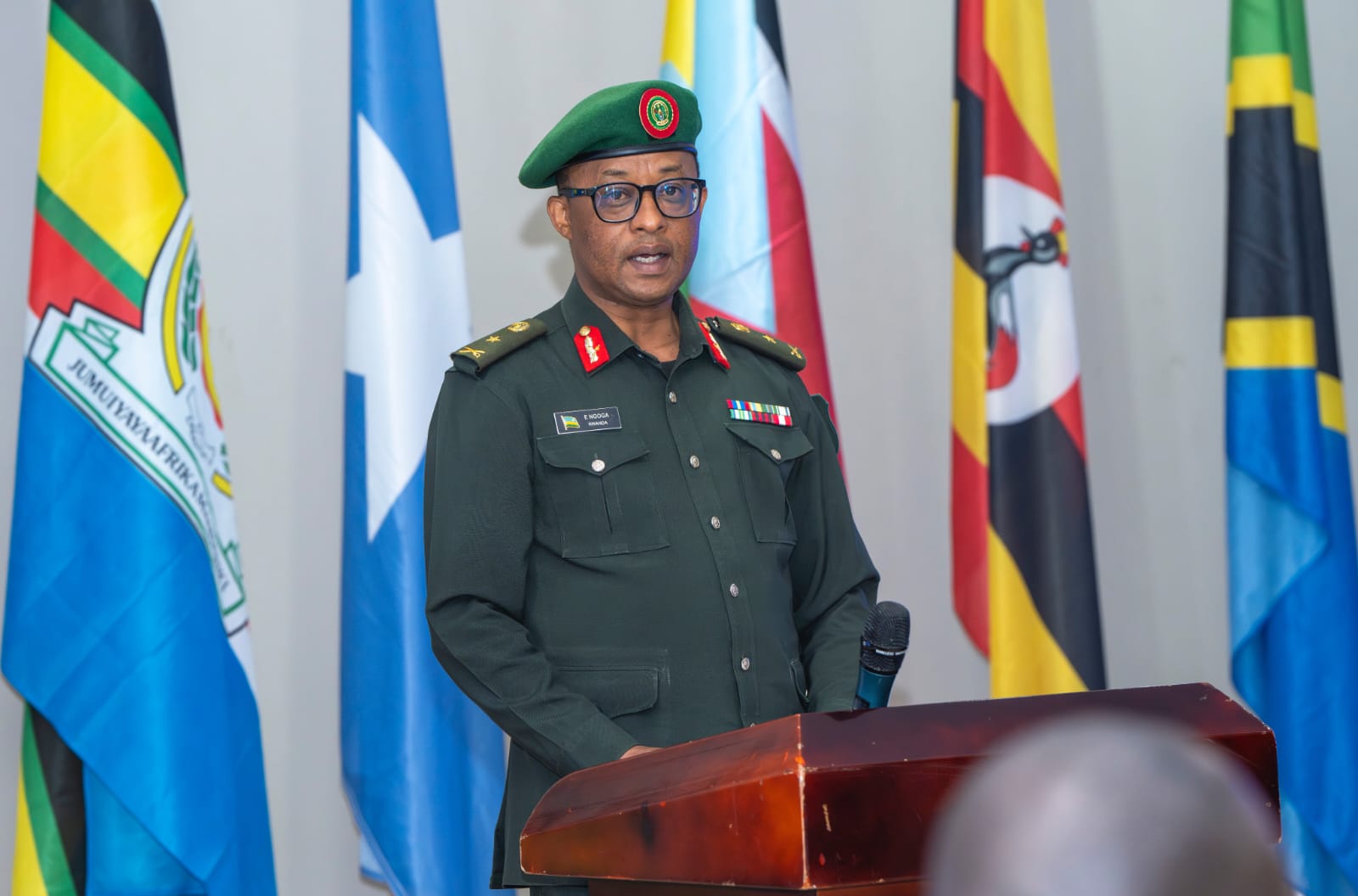 Brig. Gen. Dr. Eugene Ngoga, speaking on behalf of the Rwanda Defense Force's (RDF) Chief of Defense Staff. (X/Rwanda Defence Force)
Brig. Gen. Dr. Eugene Ngoga, speaking on behalf of the Rwanda Defense Force's (RDF) Chief of Defense Staff. (X/Rwanda Defence Force)
He emphasised the necessity of preparedness against unpredictable threats, noting, “Today, we gather not as individual states but as a united community determined to address threats that transcend borders.”
CBRNE threats, whether from deliberate acts, accidental releases, or natural occurrences, require a multi-agency response. The meeting aims to harmonise approaches, establish clear guidelines, and develop a robust framework for tackling these unique and potentially devastating challenges.
“Through this forum, we are demonstrating the spirit of unity that underpins the EAC. Together, we have the opportunity to forge protocols and procedures that will enhance our readiness, improve interoperability, and ensure the safety and security of our region,” Dr. Ngoga said.
The forum also aligns with international best practices while addressing the specific realities of the EAC region. The protocols developed are expected to guide militaries and other stakeholders in handling CBRNE incidents, which have become increasingly prevalent.
“As we embark on this journey, let us remain steadfast in our resolve and open in our deliberations,” Dr Ngoga urged, emphasising that the outcomes of the meeting would bolster the region’s capacity to preempt and respond effectively to such threats.
Col. Deng Mayom Manyang Malual, a defence liaison officer from South Sudan and representative of the EAC Secretary General, expressed confidence in the meeting's success. He praised the diverse group of participants, which includes doctors, scientists, chemists, military personnel, police officers, and civilians, for their collaborative efforts in creating a comprehensive document.
“This document will serve as a guide for military operations across EAC partner states, enhancing their readiness and ensuring a coordinated response to CBRNE incidents,” Col. Malual stated.
Top Stories Today
